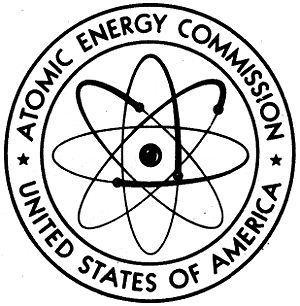The Shaw Group is increasing its bet on nuclear power, announcing a role in the proposed 2,700-megawatt South Texas project making it the largest nuclear construction project in Shaw’s history.
Toshiba, the Japanese company, and NRG Energy Inc. jointly own Nuclear Innovation North America, which is developing the South Texas plant.
The Shaw Power Group will get the initial engineering, procurement and construction contract for the two-reactor expansion proposed at South Texas. But Shaw will be more than the contractor. It will be a partner with Toshiba in the project.
As part of its new agreement with Toshiba, Shaw has agreed to invest up to $250 million in nuclear projects. Of that, $100 million will initially be a loan guarantee for NINA for South Texas. If the project wins its combined operating license from the Nuclear Regulatory Commission, that loan guarantee will be converted into an equity investment in the project.
The Shaw Power Group strategy is not without risks. There have been questions in recent months about whether the “nuclear renaissance” in the United States will actually occur. And there have been specific questions about the South Texas project, much of them through the SEED Coalition and Public Citizen interventions in the licensing process.
South Texas still on the hunt for partners
South Texas would be a merchant energy plant and they believe they are in line for federal loan guarantees. But another merchant plant, Calvert Cliffs in Maryland, ran into trouble when Constellation Energy pulled out. Constellation said the loan-guarantee conditions were too onerous and made the project financially untenable.
Every proposed nuclear expansion has come with the caveat that these projects are too expensive (and risky) to move forward without the federal loan guarantees. Yet when the federal government tries to mitigate its own risk, the industry has protested.
NINA has been looking for partners for the South Texas project since San Antonio’s municipal power company, CPS Energy, went from being a 50% partner to taking just a 7.6 percent ownership in the project.



